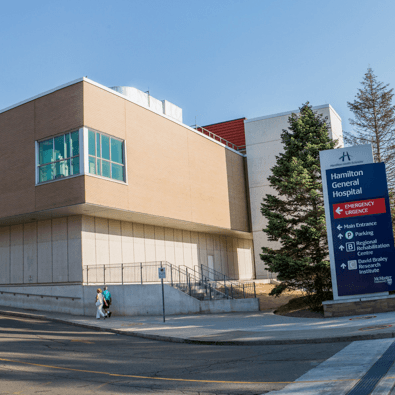6 South is a general surgery ward with a step down unit for patients who require closer monitoring. Patients come to 6 South after their planned surgery, or from the emergency department for urgent surgeries.
Care We Provide
- Care before and after surgery
- Caring for patients who have had major trauma
- Providing patients access to research opportunities
Patient Information
What to bring: Please bring a current list of your medications each time you come to the hospital as well as toiletries, comfortable clothing and shoes you can walk in.
Private rooms: If you have private or semi-private coverage and/or you would like a private room, please advise us.
Visitors: Family and friends may visit you in the hospital. Visitors may be asked to step out of your room so staff may provide care.
Devices: You may use your cellular phone. Wireless internet (WiFi) is available for a fee.
Outpatient visits to the clinic: Before or after surgery or a hospital stay, you may have appointments with your doctor. These can take place in a variety of settings, including your doctor’s office. Contact your doctor’s office directly for date, time, and location of appointments.
Patients on the unit: If you have experienced a trauma, you may come directly to 6 South from the Emergency Department or from an Intensive Care Unit. If there is another unit that may better suit your needs, such as Orthopedics or Neurosurgery, you may go there for all or part of your stay. If you have undergone general surgery, 6 South is where you will spend most of your time. Depending on your doctor’s judgment, you may spend some time in an Intensive Care Unit before you are transferred to 6 South. Sometimes you may require closer monitoring. If this is the case, you will be admitted to the 6 South Step Down Unit.
Team Members
Some of the team members you may meet while staying on 6 South are:
- Doctors: Your surgeon is the most responsible person for your care. They may ask other types of specialists to consult as well.
- Doctors in training (Residents and Clinical Fellows) who are training to be surgeons and Trauma Specialists
- Physician Assistants
- Nurse Practitioners
- Nurses
- Speech and Language Pathologists
- Occupational Therapists
- Physiotherapists
- Social Workers
- Unit Clerks

